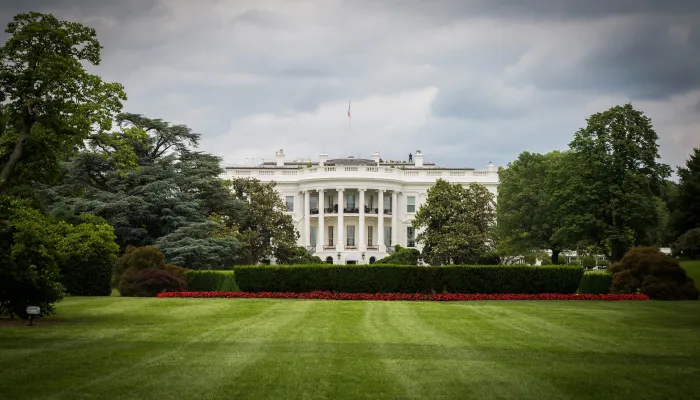Maya MacGuineas: Take It from a Fiscal Hawk: Raise the Debt Ceiling
Maya MacGuineas is president of the nonpartisan Committee for a Responsible Federal Budget and head of the Campaign to Fix the Debt. She recently wrote an opinion piece for The Hill newspaper. It is reposted here.
The United States occupies a special place atop the world’s economic order. We aren’t just the largest and most stable economy, we are also the globe’s premier reserve currency. There are nations that both officially and unofficially use the greenback, and many others peg the value of their money to U.S. dollars. So why, under any calculation, would a politician risk or even threaten to risk this standing by refusing to raise the debt ceiling and chance default on U.S. obligations?
With great honor comes great responsibility.
Our economic standing is too sterling and the global economy too important to imperil over the disagreements of American domestic politics — as fundamental as they may be. It is the height of recklessness — a view held for decades reflected in the fact that raising the debt ceiling was once a mundane piece of housekeeping that garnered no attention. It was practically automatic.
I make this argument as a fiscal hawk who wants to see less debt and smaller deficits. But refusing to raise the debt ceiling isn’t the way to go about it. Default would make the debt much worse by setting in motion a chain reaction that could lead to a costly economic calamity.
In 2015, Congress and the president reached a budget agreement that included suspension of the debt ceiling until earlier this year. The agreement, part of the Bipartisan Budget Act of 2015, reinstated the debt ceiling at whatever level the debt happened to be at that time the suspension ended. Since then, the U.S. has taken what’s called extraordinary measures to pay our bills without the debt rising any higher.
By the fall (according to the Congressional Budget Office and others, by early October), however, we will need another increase in the debt ceiling. That is why it is time for another budget agreement — a mini bargain that avoids default while taking steps to improve fiscal policies where both sides can claim victory and that puts our fiscal house on solid ground for the foreseeable future.
This bargain would lift the debt limit, put the debt on a downward path and improve fiscal discipline. The bargain, which we have outlined in more detail, would also reverse a portion of the cuts to defense and nondefense discretionary spending imposed by sequestration that both parties have criticized and replace the savings with permanent deficit reduction in other parts of the budget.
It should be possible for Congress and the president to find common ground on enough savings to offset an increase in discretionary spending limits and achieve a down payment on the deficit reduction necessary to control the growth of debt.
We have identified over $200 billion in mandatory savings that were proposed in similar or identical forms by both Presidents Trump and Obama that could be included in a bipartisan budget deal. Additional savings could be achieved through policies that have had bipartisan support, such as reforms of Medicare payment policies, increasing Medicare means testing and using the chained CPI to index tax and spending provisions in the budget.
And part of the deal would be that tax reform be revenue neutral, thereby not making the debt even worse.
Our debt limit debates past and present showcase our nation’s broken budget process. A budget deal increasing the debt limit should also include reforms of the budget process to make it harder for Congress to enact legislation increasing the debt. These reforms include improving transparency and accountability for legislation affecting the debt, cracking down on budget gimmicks that allow legislation increasing the debt and providing for further action to address the debt going forward.
Finally, debt limit reform has been discussed on the Hill for years, and we have proposed ideas as part of our Better Budget Process Initiative. Many of the ideas that have been put forward center around replacing or modifying the current debt limit to establish fiscal goals for debt or deficit levels in the future with teeth to enforce them.
This would reorient the process from the backward-looking debt limit debates about authorizing borrowing to cover the costs of policies already enacted to a forward-looking process that seeks to control the growth of debt in the future.
There is a reason neither party wants to be seen as the party that raised the debt limit: The public knows our debt situation is bad. So, let’s use this moment to end the cycle of dysfunction once and for all and bring some relative order back to our nation’s bottom line.
"My Views" are works published by members of the Committee for a Responsible Federal Budget, but they do not necessarily reflect the views of all members of the Committee.


